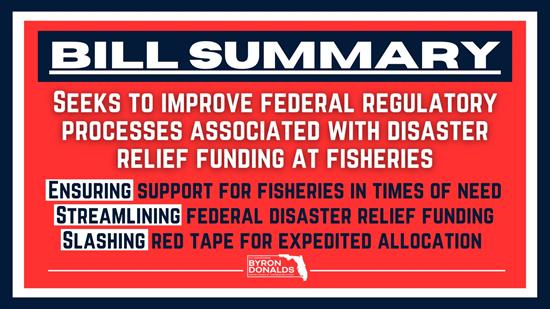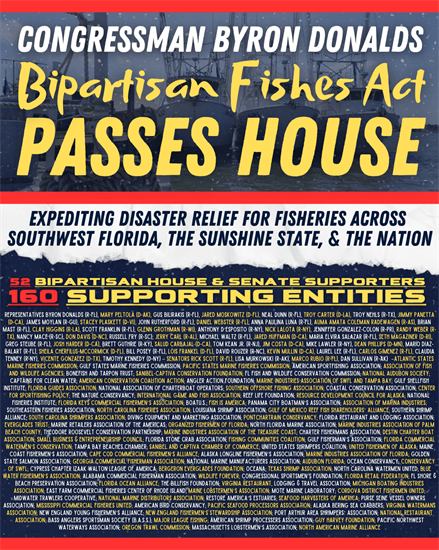~Horace Dawson Honored at FRLA Stars of the Industry Gala; Tribute Video Released~
(L-R: FRLA President & CEO Carol Dover, FRLA Restaurateur of the Year Horace Dawson, FRLA 2023 & 2024 Chairman of the Board John Horne)
TALLAHASSEE, FL – At the recently held 2024 Hospitality Stars of the Industry Gala, the Florida Restaurant & Lodging Association (FRLA) awarded the prestigious Restaurateur of the Year award to Horace Dawson, the newly retired Chief Executive Officer of Red Lobster. Dawson was also inducted into the FRLA Hall of Fame during the ceremony, which was held at the Sunseeker Resort in Charlotte Harbor. The event was delayed from October 2024 following Hurricane Milton.
“Horace Dawson’s decades of leadership in the hospitality industry, paired with his extensive legal background and contributions, have left an indelible mark on Florida’s restaurant landscape,” said Carol Dover, President & CEO of FRLA. “His ability to bring stability and vision to iconic brands like Red Lobster during times of change is a testament to his influence, wisdom, kindness, and unparalleled dedication. It is an honor to recognize Horace as our 2024 Restaurateur of the Year and induct him into the FRLA Hall of Fame – a well-deserved honor for a true industry leader.”
The Hospitality Stars of the Industry Gala pays tribute to men and women from across the Sunshine State for their remarkable work in hospitality. The Hall of Fame distinction is reserved for those who have dedicated their careers to providing excellent service and leadership, leaving a lasting impact on Florida’s hospitality industry and its future.
In the preceding months, Horace Dawson retired as the CEO of Red Lobster, the world’s largest seafood restaurant chain, which has over 700 locations and nearly 35,000 employees. Prior to becoming CEO, he served as Executive Vice President and General Counsel from 2014 to 2023. Before joining Red Lobster, Horace was Vice President and Division General Counsel for Darden Restaurants, where he focused on litigation, employment, intellectual property, and more for over 11 years. He also gained private practice experience at Akerman LLP, handling corporate and securities matters. From 1996 to 2001, he was VP of Business Affairs and General Counsel for Hard Rock Café International, overseeing the rapid expansion from 37 to 104 restaurants and three hotels. His earlier career includes roles in the entertainment and corporate sectors for Telemundo and various New York law firms. A rare accomplishment, Horace achieved his undergraduate, law, and Master of Business Administration degrees all from Harvard University. He has served on multiple boards, including FRLA, the National Restaurant Association, and the Boys and Girls Clubs of Central Florida.
“Receiving this recognition is a tremendous honor, reflecting the dedication and passion of the great teams I’ve worked with,” said Horace Dawson, retired CEO of Red Lobster. “It’s been a privilege to contribute to Florida’s dynamic restaurant industry, and I’m deeply grateful to the FRLA for this acknowledgment.”
To learn more about Horace, please view his FRLA Hall of Fame Video here.
About FRLA: The Florida Restaurant and Lodging Association (FRLA) is Florida’s premier non-profit hospitality industry trade association. Founded in 1946 as the Florida Restaurant Association, FRLA merged with the Florida Hotel and Motel Association in 2006. FRLA’s more than 10,000 members include independent hoteliers and restaurateurs, household name franchises, theme parks, and suppliers. The Association’s mission is to protect, educate, and promote Florida’s nearly $112 billion hospitality industry which represents nearly two million employees. Dedicated to safeguarding the needs of the membership, FRLA provides legislative advocacy to ensure the voices of its members are heard and their interests are protected. The Association offers regulatory compliance and food safety training through Safe Staff® and FRLA’s subsidiary, RCS Training. The FRLA Educational Foundation provides industry-developed, career-building high school programs throughout the state.
###









